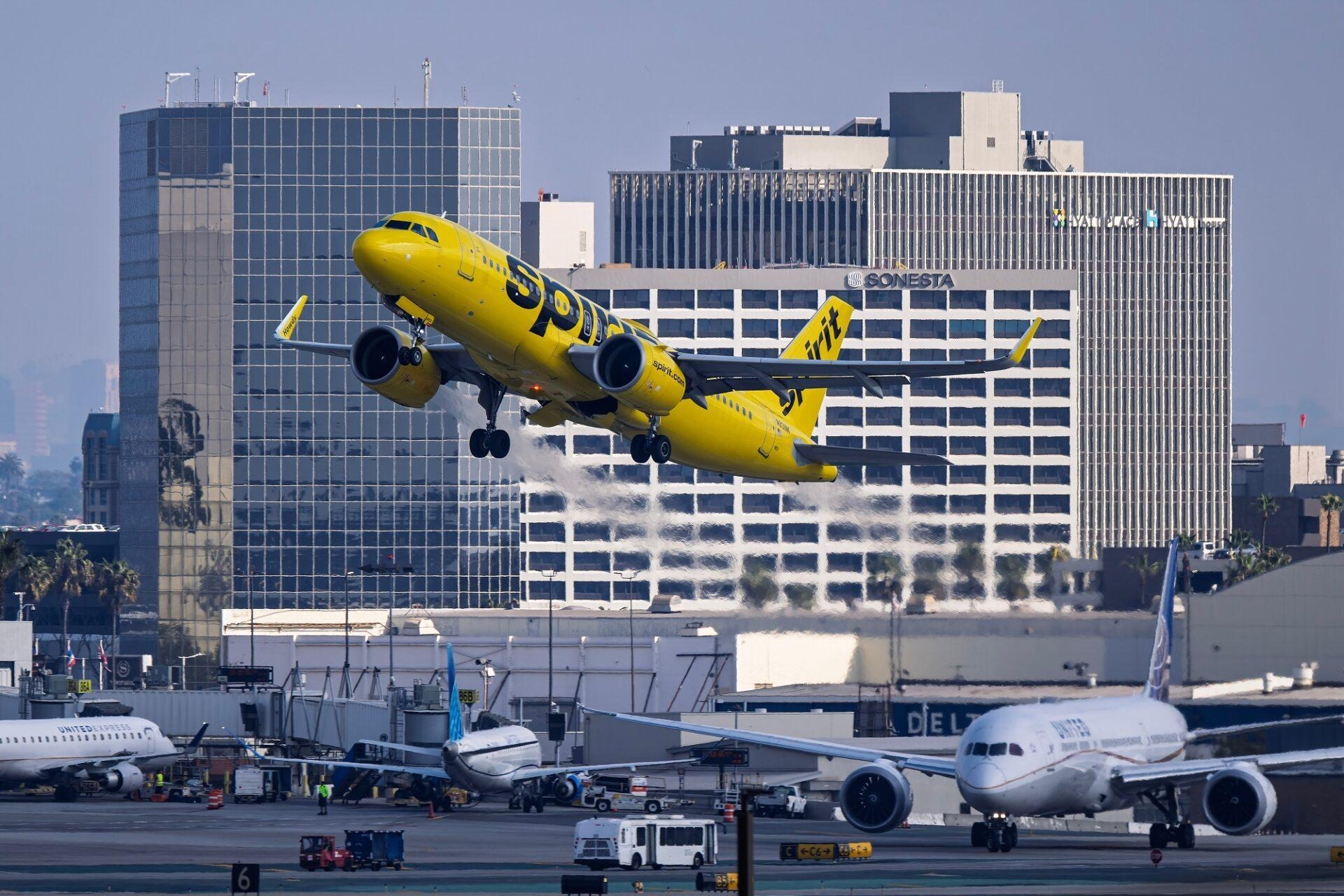
Smarter email, faster business.
Trending
Spirit Airlines May Cancel Airbus A320neo Orders Over U.S. Tariffs

Spirit Airlines Considers Cancelling Airbus A320neo Orders Amid Rising U.S. Tariffs
Impact of Tariffs on Fleet Expansion Plans
Spirit Airlines, the ultra-low-cost carrier headquartered in Florida, has indicated that escalating U.S. tariffs on European Union imports may compel it to delay or cancel orders for Airbus A320neo-family aircraft. The airline, which operates an all-Airbus fleet primarily out of Fort Lauderdale-Hollywood International Airport, highlighted trade tensions as a significant risk to its fleet planning and ongoing financial recovery. In a recent SEC filing, Spirit disclosed that new tariffs could substantially increase the cost of acquiring Airbus aircraft and parts, potentially forcing the carrier to scale back its planned deliveries.
Currently, a 10% tariff is imposed on EU goods under U.S. trade policy, but this rate could double to 20% if a 90-day suspension, initiated in early April, is not extended. Such increases would directly affect the cost structure of aircraft purchases and maintenance components. Spirit warned that these tariff developments could have a “material adverse effect” on its financial condition, operations, and growth prospects. The uncertainty surrounding the duration and extent of these tariffs adds further complexity as the airline continues to recover from its Chapter 11 restructuring.
According to its latest 10-Q filing, Spirit may postpone or cancel some of the 92 aircraft deliveries scheduled through 2031, including four Airbus A320neo jets planned for 2025. These adjustments would disrupt the airline’s long-term strategy to modernize and expand its fleet, a critical factor in maintaining its competitive cost advantage.
Supply Chain Vulnerabilities and Market Pressures
Spirit’s entire fleet of 213 aircraft consists of Airbus models, including 63 A320s, 91 A320neos, 29 A321s, and 30 A321neos. Given that Airbus is based in the European Union, the airline is particularly exposed to transatlantic trade disputes. The imposition of tariffs threatens not only the acquisition of new aircraft but also the steady supply of EU-manufactured parts essential for maintenance and operational reliability. Disruptions in the supply chain and increased input costs could further strain Spirit’s financial position.
In addition to tariff-related challenges, Spirit faces broader economic headwinds such as commodity price volatility, shifts in consumer spending, and weakening demand, all of which could impede its path to financial stability. The airline also confronts intense competition from major U.S. carriers that have expanded their low-cost fare offerings, saturating the domestic market and eroding Spirit’s market share.
In the first quarter of 2025, Spirit reported an operating loss of $289 million but posted a net profit of $61 million, largely attributable to accounting gains following its emergence from Chapter 11 bankruptcy in March. Despite this, the airline remains under significant pressure to stabilize its operations amid rising costs and competitive challenges.
As Spirit navigates these complex issues, the potential cancellation or delay of Airbus A320neo deliveries underscores the broader impact of trade policy on the aviation industry and highlights the fragile balance between cost management and growth in a highly competitive market.